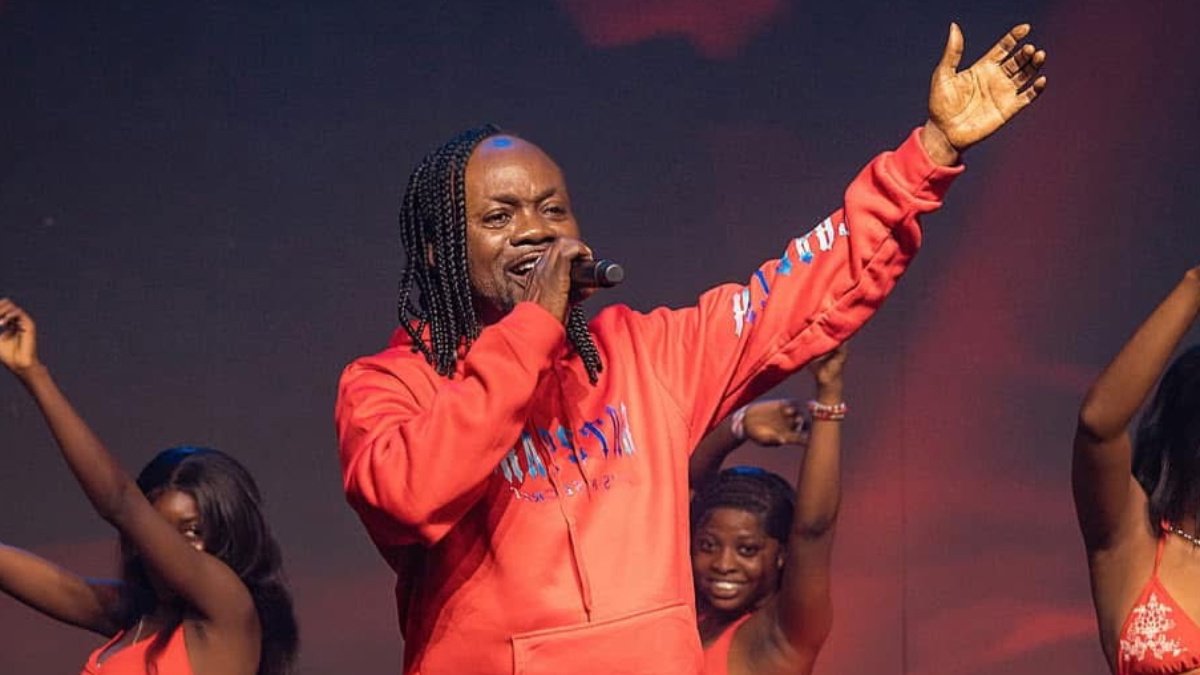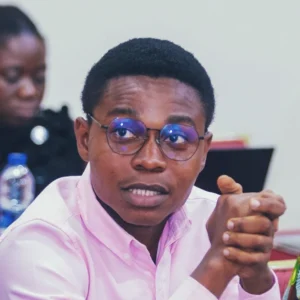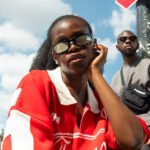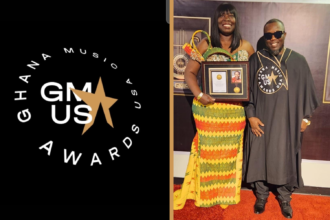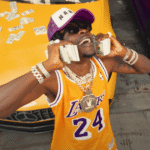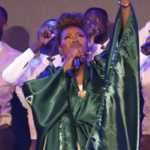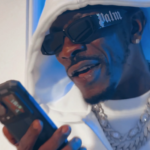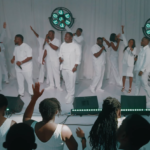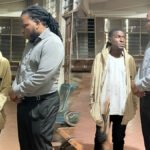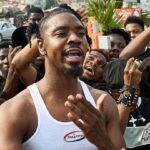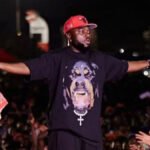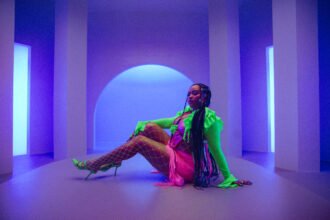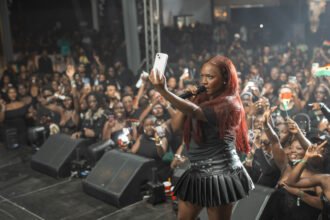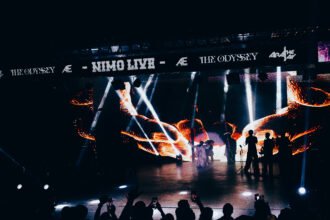There are artists who become the emotional infrastructure of a nation and Charles Kwadwo Fosu, universally revered as Daddy Lumba belonged to this category. He weaved himself so intricately into Ghana’s cultural DNA that his sudden departure on Saturday, July 26, 2025, felt less like losing a musician and more like watching a fundamental piece of national identity slip away.
News of the passing of the Highlife luminary at the age of 60, following a brief illness, initially sparked widespread disbelief. However, confirmation of his demise by the Fosu family through their legal counsel, Fati Ali Yallah, Esq., set the reality of an irreplaceable void.
This devastating announcement initiated an outpouring of grief and tributes from every corner of Ghana, transcending artistic, political, and cultural divides, all acknowledging the indelible mark he has left on the collective consciousness.
To speak of Daddy Lumba is to speak of a unique cultural phenomenon, a maverick whose genius defied categorisation. He was the architect of the famed “Borga/Burger Highlife,” a genre that fused the soul of traditional Highlife rhythms with the cosmopolitan flair of pop music. Lumba’s songs were a mirror, reflecting our lives in vivid, poetic detail.
Across 30+ albums and over 200 timeless songs, Daddy Lumba blurred lines between gospel and sensuality; between reverence and rebellion. He was known to thank God in one breath and flirt with controversy in the next. Everyone had a Daddy Lumba song that felt like theirs. His music crossed class and time. His influence ran deep, not because he tried to be everything, but because he remained authentic.
The genius of Lumba was his ability to exist simultaneously as a cultural revolutionary and people’s champion. He was Ghana’s most beloved maverick—a man who could craft a gospel hymn with the same authenticity as a sensual slow jam, who could make political campaign songs that transcended party lines to become anthems of national celebration. His mastery of Twi allowed him to pen lyrics that spoke directly to the Ghanaian soul, while his innovative “Burger Highlife” sound bridged the gap between traditional and contemporary, home and abroad.
Perhaps most remarkably, Daddy Lumba achieved immortality before his death. His songs had already become the soundtrack to Ghanaian life, his influence already evident in fresh artists today. He had already proven that staying true to your people doesn’t mean staying static, that evolution and tradition can dance together beautifully.
Even his aesthetic became folklore. His nonconformist style and swagger made him a figurehead of cool, a man who, without uttering a word, showed us how to carry ourselves with confidence and a touch of rebellious charm. In today’s space, he would have rallied under the Alté banner. He understood that pop culture is built on moments—and he created plenty.
While the country pauses to remember and reflect ahead of the national candlelight vigil set for Independence Square on Saturday, August 2, those he inspired have found the words. These are their stories, reflections, and tributes to the man who gave people a soundtrack. Here are their words.
Ko-Jo Cue

When I think of Lumba, I think of excellence, consistency and incredible songwriting. He made music for human use at all times and in all facets of life. I have his picture on my studio wall with the inscription “Superman” on top because that is who he is to me. He is Plato, John Milton & Ernest Hemingway rolled in one—the greatest musician of all time in the whole world.
It is easier for me to choose my least favourite Lumba song than it is for me to choose my favourite. I love all his songs, but if I had to narrow it down to a strong starting five just to show his range, it would be: Ankwanoma, Me Nsei Da, Me Nya Mpo, Bla Bla Bla & Ye Ne Wo Sre Kwa.
Ibrahim Muniru

My first memories of Daddy Lumba go back to his song “Theresa.” It was a huge hit at the time, and almost every home—mine included—had his “Obi Ate Meso Buo” cassette playing regularly. But it wasn’t until I was a teenager that I really started to understand and appreciate his music. I grew up in Cape Coast, right across from a record shop. Whenever a new Lumba album came out, the shop would play it non-stop for days. That’s how I got drawn to his music. The sweet melodies, the great sound quality and music videos were a whole package.
One song/video that made an impression on me was “Children of the Future”. At first, I had a hard time understanding what he was saying in his songs. Daddy Lumba’s style of singing made the words hard to understand. However, two shoemakers who used to come to our house every weekend to polish our shoes decoded his lyrics to me and my siblings. They broke down the meanings, and that’s when I started to appreciate the depth of his messages.
To me, Daddy Lumba is more than just a musician—he represents Ghanaian culture in a powerful way. His ability to incorporate Western pop sounds with traditional Ghanaian music elements without losing his roots made him a standout act. His songs connect with people because they talk about real life—both the good and the bad—and speaks to Ghanaians everywhere, whether at home or abroad.
Unlike some of his compatriots who stayed stuck in one style, Daddy Lumba kept evolving with the times and enchanted fans across generations.
Aside from the albums, sales, awards, and packed concerts, what stands out most is that Daddy Lumba became a model for others—a legend. Possibly the most famous Ghanaian musician of all time. His legacy reminds us of a simple truth: The tongue never rots.
RCee

I grew up in a community where you wake up every morning to Daddy Lumba’s songs playing loud from people’s windows. So you couldn’t go a day without a DL song. I really got to appreciate the love people have for Daddy Lumba when I came to understand his lyrics. It will really be difficult to pick a single song as my favorite but I would pick “Biribi Gye Gye Wo” and “Dangerous”






